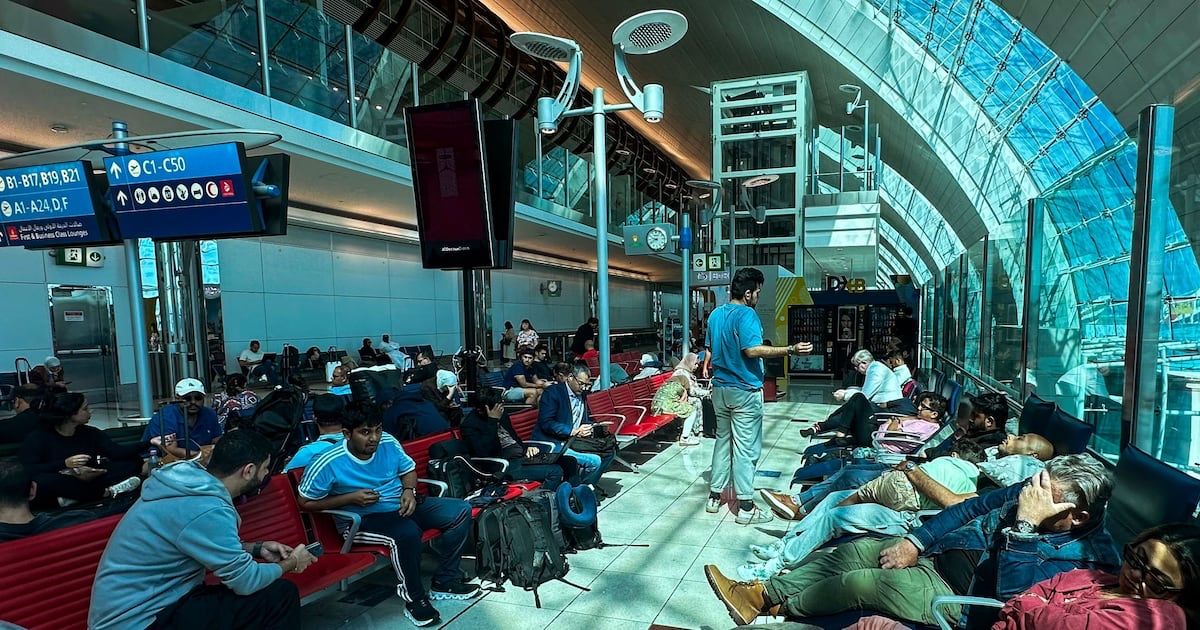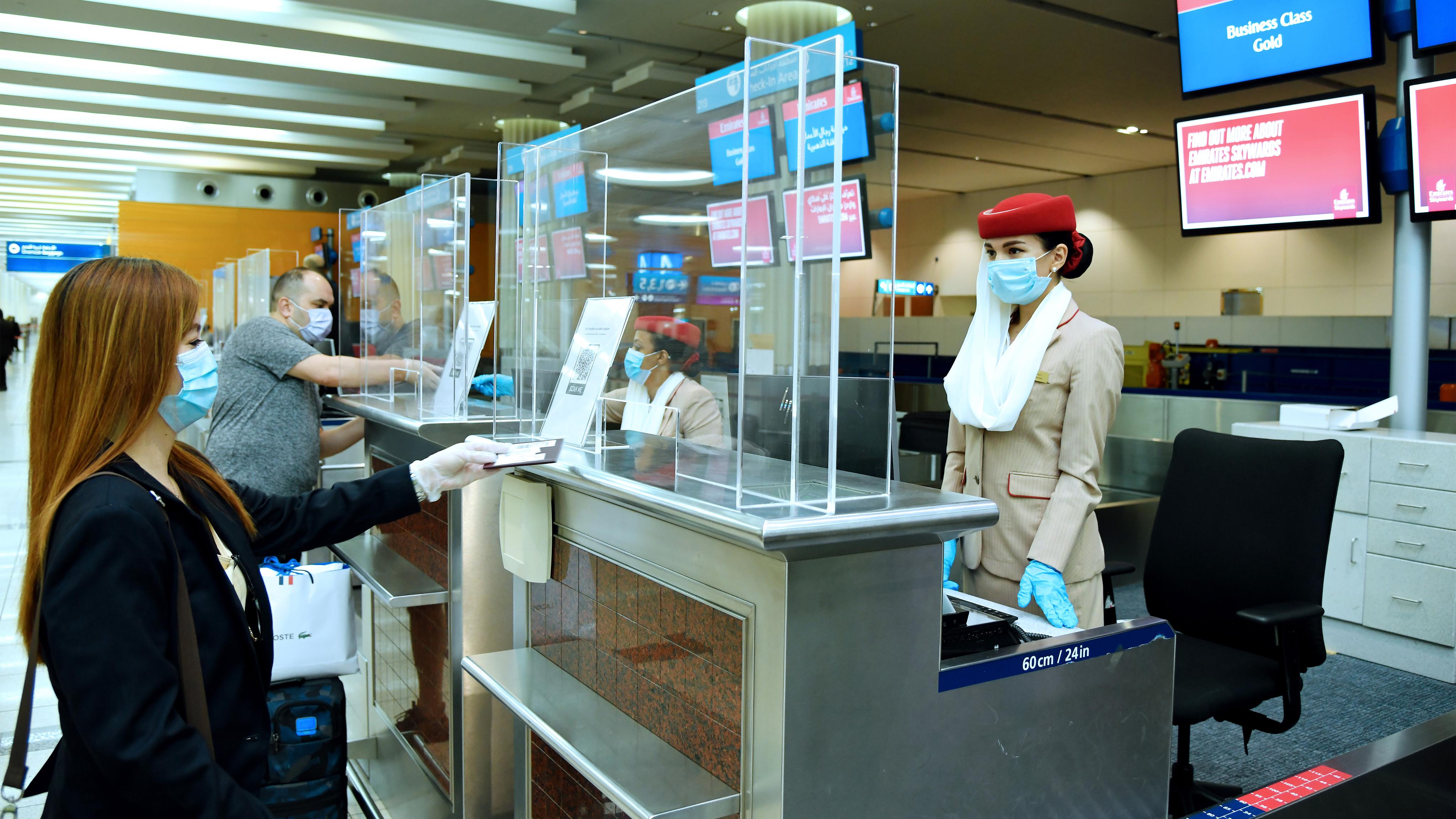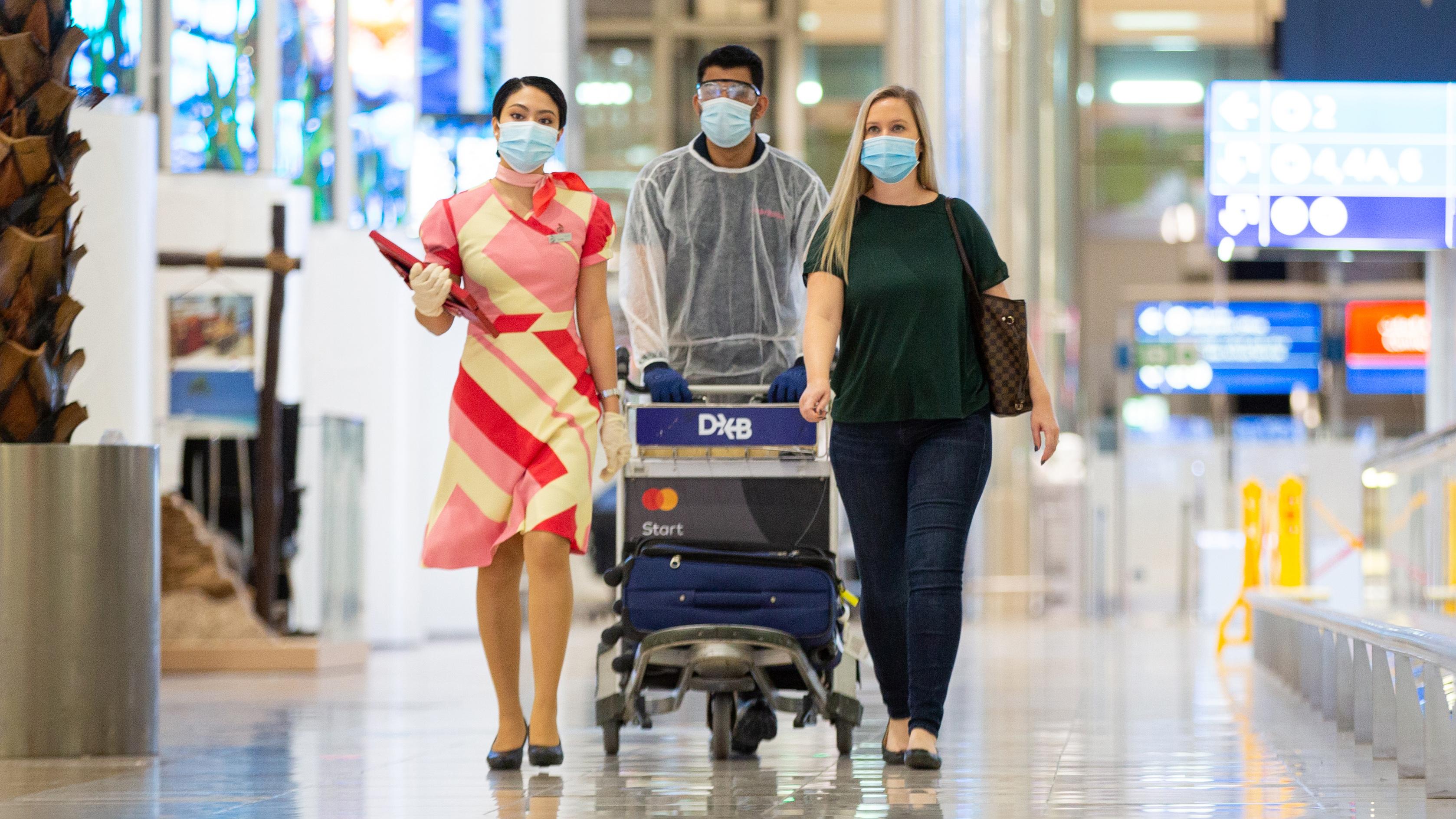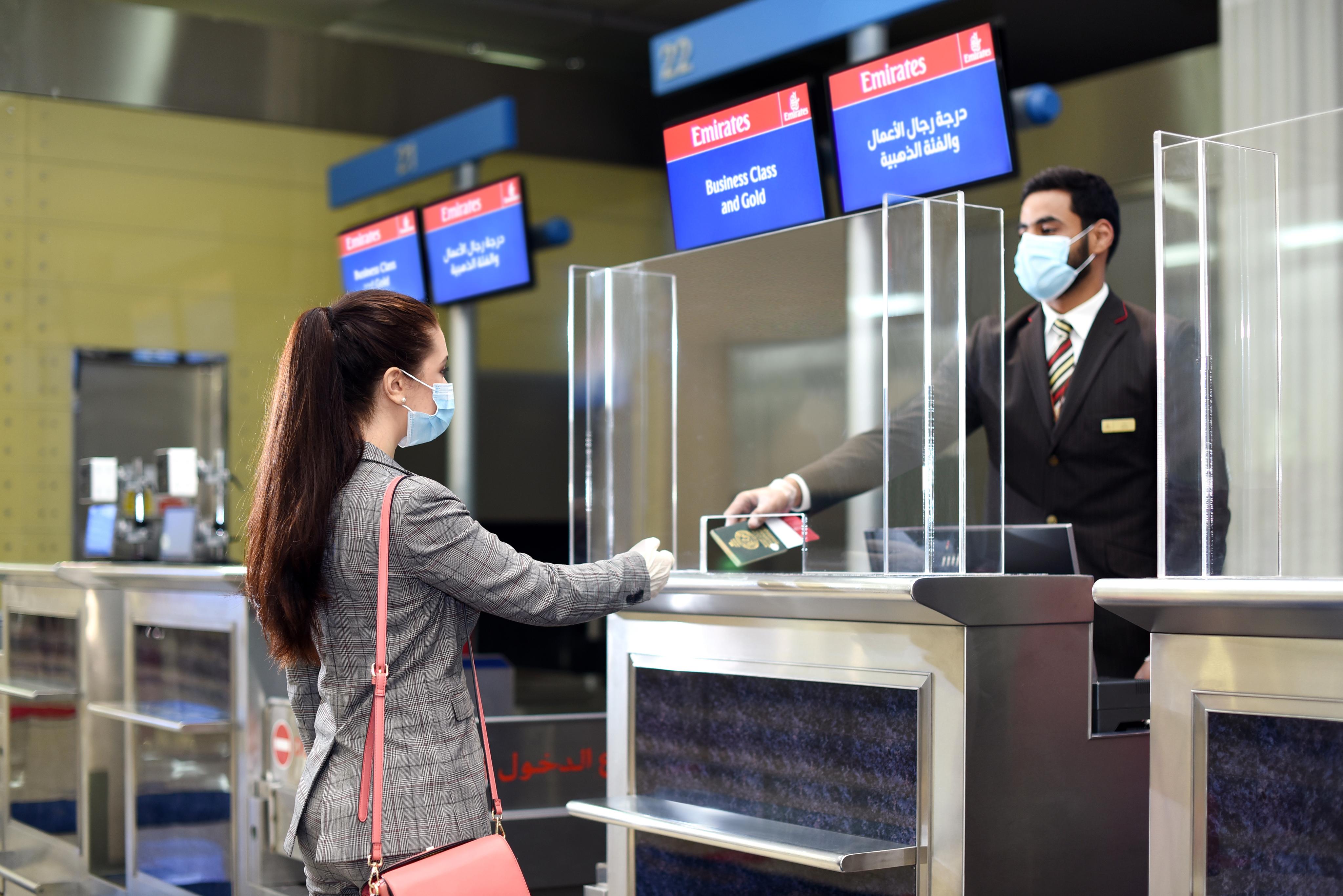
Dubai has introduced a transformative public health framework with Law No. (5) of 2025, spearheaded by His Highness Sheikh Mohammed bin Rashid Al Maktoum, Vice President and Prime Minister of the UAE and Ruler of Dubai.
Designed to safeguard community health and position Dubai as a global leader in disease prevention, the law enforces rigorous health protocols for all travelers and residents, ensuring the emirate remains a secure and resilient hub for tourism, business, and innovation. Effective 90 days after its official publication, the legislation prioritizes early detection, rapid response, and sustainable health practices in an era of increasing global mobility.

Mandatory Requirements for Travelers
-
Health Declarations: All visitors must provide detailed health information upon arrival, including current illnesses, symptoms, recent exposure to infectious diseases, and ongoing treatments.
-
Enhanced Screenings: Expect advanced health checks at airports, seaports, and land borders, including symptom-based assessments and digital health forms.
-
Symptom Management: Travelers displaying illness must adhere to strict hygiene measures-mask-wearing, physical distancing, and avoiding crowded spaces.
-
Movement Restrictions: Infected individuals are barred from public movement except for medical visits pre-approved by the Dubai Health Authority (DHA).
-
Legal Compliance: Concealing infections or negligently spreading diseases is prohibited, with penalties ranging from fines to deportation.
-
Insurance Advisory: While not universally mandatory, comprehensive travel health insurance covering UAE medical care is strongly advised.

Resident Responsibilities and Protections
-
Disease Reporting: Residents must immediately notify authorities of suspected or confirmed communicable diseases.
-
Quarantine Protocols: Symptomatic individuals must isolate and follow DHA guidelines until cleared by medical professionals.
-
Data Transparency: Healthcare providers (public/private) are legally bound to share patient data with the DHA to enable swift outbreak containment.
-
Improved Living Standards: Enhanced regulations for labor accommodations, food safety, and environmental hygiene will elevate quality of life.
-
Community Accountability: Violators face penalties, ensuring collective responsibility for public health.

Government Roles: A Unified Health Ecosystem
-
Dubai Health Authority (DHA): Leads disease surveillance, approves medical facility protocols, and manages traveler health screenings.
-
Dubai Municipality: Enforces food safety, pest control, and public hygiene standards across markets, restaurants, and residential zones.
-
Dubai Environment and Climate Change Authority: Mitigates climate-related health risks, including air pollution and water contamination.
-
Dubai Academic Health Corporation: Drives research on emerging diseases and trains medical staff on cutting-edge response strategies.
-
Dubai Corporation for Ambulance Services: Ensures rapid, sanitized medical transport for infected individuals and disinfection of public spaces.

Beyond Borders: A Holistic Health Vision
The law transcends travel regulations, introducing sweeping reforms to:
-
Boost Food Safety: Rigorous inspections for restaurants, food trucks, and delivery services to prevent contamination.
-
Combat Tobacco Use: Expanded smoke-free zones and stricter vaping regulations in public areas.
-
Protect Workers: Upgraded hygiene standards for labor accommodations and occupational health safeguards.
-
Promote Sustainability: Climate-resilient health policies to address rising temperatures and environmental challenges.
-
Global Alignment: Adherence to WHO standards, ensuring Dubai remains at the forefront of international health practices.

Pre-Travel Checklist for Visitors
-
Documentation: Ensure passports have 6+ months validity and carry recent photos for visa processing.
-
Visa Compliance: Confirm eligibility for on-arrival visas (available for select nationalities) or apply online in advance.
-
Vaccinations: Check if yellow fever vaccination is required (if arriving from endemic regions) and update routine immunizations (MMR, hepatitis, tetanus).
-
Medication: Carry prescriptions for essential drugs, ensuring compliance with UAE regulations (e.g., narcotics require prior approval).
-
Emergency Prep: Save local hospital contacts and your embassy’s emergency number.
.jpg)
Why This Matters
Dubai’s 2025 Public Health Law is more than a regulatory update-it’s a blueprint for future-proofing public health. By prioritizing prevention, transparency, and cross-sector collaboration, the emirate aims to:
-
Reduce Disease Spread: Proactive screenings and rapid containment protocols minimize outbreaks.
-
Enhance Global Trust: Alignment with international standards reinforces Dubai’s reputation as a safe, forward-thinking destination.
-
Foster Innovation: Research-driven strategies and tech-integrated health systems set new benchmarks in medical excellence.
Additional Tips for Visitors and Residents
-
Stay Updated: Health regulations can evolve rapidly. Regularly check official Dubai Health Authority (DHA) and UAE government websites before and during your trip for the latest updates.
-
Use the Dubai Health App: Download the official Dubai Health app or similar government apps for easy access to health declarations, updates, and emergency contacts. This can speed up entry procedures and keep you informed.
-
Practice Good Personal Hygiene: Frequent handwashing with soap or using hand sanitizer remains one of the most effective ways to prevent infection. Carry a small bottle of sanitizer when out and about.
-
Respect Local Customs: Dubai has strict laws around public behavior and health compliance. Always follow instructions from health officials and respect mask mandates or distancing rules when applicable.
-
Plan for Medical Emergencies: Know your nearest hospital or clinic location and keep emergency numbers handy. Many hospitals in Dubai offer multilingual services to assist international visitors.
-
Travel Light but Smart: Bring a basic health kit including masks, thermometer, over-the-counter medications (pain relievers, cold remedies), and any prescribed medicines with proper documentation.
-
Avoid Self-Medication: If you feel unwell, seek professional medical advice rather than self-treating, especially for symptoms related to infectious diseases. Early diagnosis helps protect you and others.
-
Maintain Travel Insurance: Ensure your insurance policy covers COVID-19 related treatment and quarantine costs, as well as other medical emergencies.
-
Stay Hydrated and Rested: Dubai’s climate can be hot and dry. Keeping hydrated and well-rested supports your immune system and overall health during your visit.
-
Be Patient at Entry Points: Enhanced health screenings may cause longer wait times at airports or borders. Arrive early and cooperate fully with health and immigration officials.
-
Respect Quarantine Rules: If required to quarantine, follow all guidelines strictly. Non-compliance can result in fines or deportation.
As Dubai prepares to welcome millions of visitors in 2025, this law underscores its commitment to balancing open borders with robust health security. Travelers and residents must embrace these changes, recognizing their role in sustaining a thriving, healthy community. By staying informed and compliant, you contribute to Dubai’s vision of a safer, smarter, and more sustainable future.

.jpg)
.jpg)
.jpg)

.jpg)
.jpg)
.jpg)
.jpg)
.jpg)

.jpg)

.jpg)

 (1).jpg)
.jpg)
.jpg)
.jpg)
.jpg)
.jpg)
.png)
.jpg)
.jpg)

.jpg)
.jpg)
 (1).jpg)
.jpg)

.jpg)

.jpg)
.jpg)
.png)
.jpg)
.jpg)

 (1).jpg)


.jpg)
.jpg)
.jpg)
.jpg)
.jpg)

.jpg)
.jpg)

.jpg)
.jpg)
.jpg)
